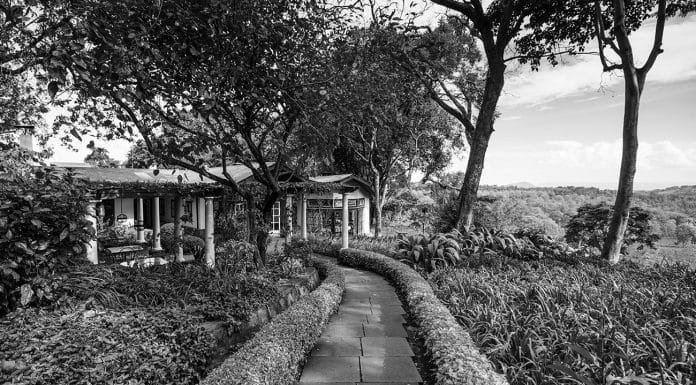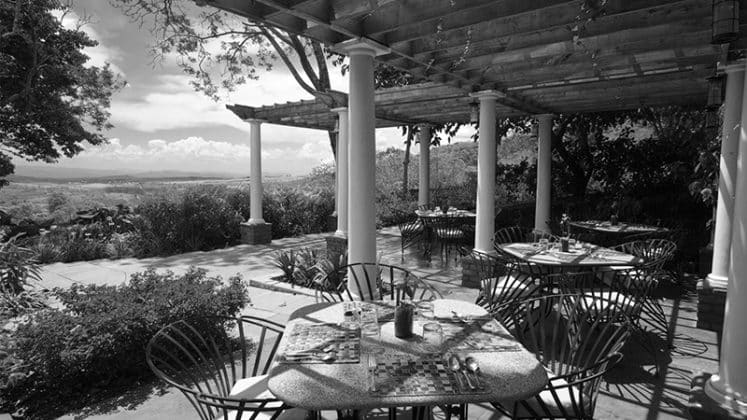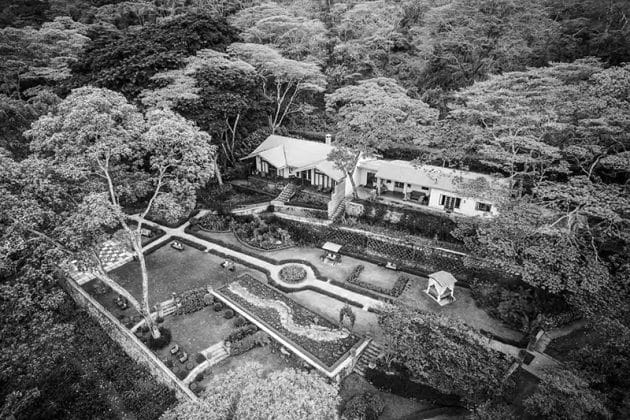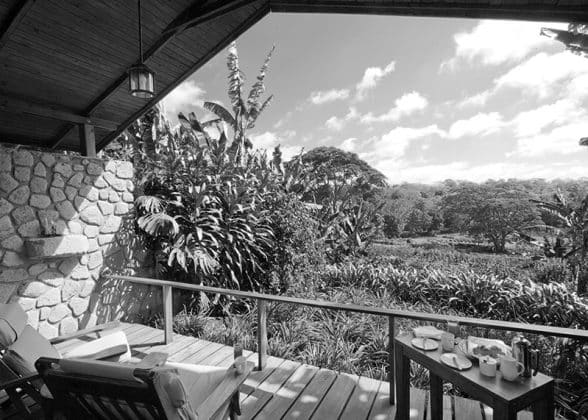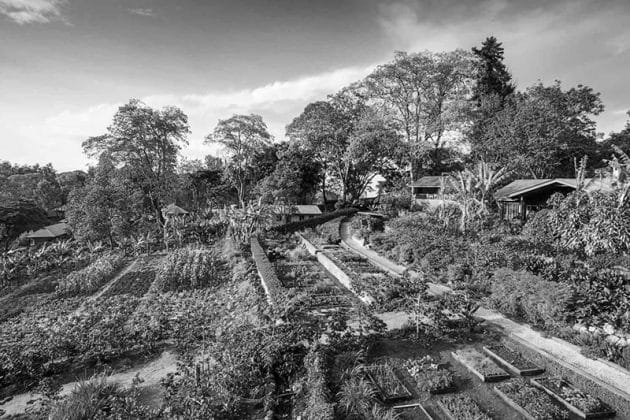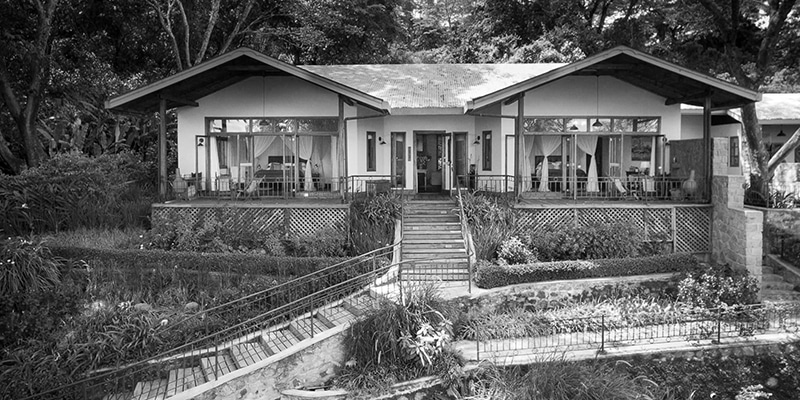Gibbs Farm Tanzania Reviews – History, Community, Environment and More (Visitor’s Perspective)
Overview of the Gibb’s Farm Tanzania
Amidst the quaint gardens planted in the 1960s, farm artifacts dispersed throughout the area, and the Great Rift Valley and Ngorongoro Forest close by, I realized how unique. One of the first guesthouses in northern Tanzania welcomed us after an incredible safari in eastern Africa. When we arrived at Gibbs Farm Tanzania, we were greeted by a private garden path leading to a rustic, elegant, and welcoming retreat. It’s easy to get a sense of the place’s history by walking around it.
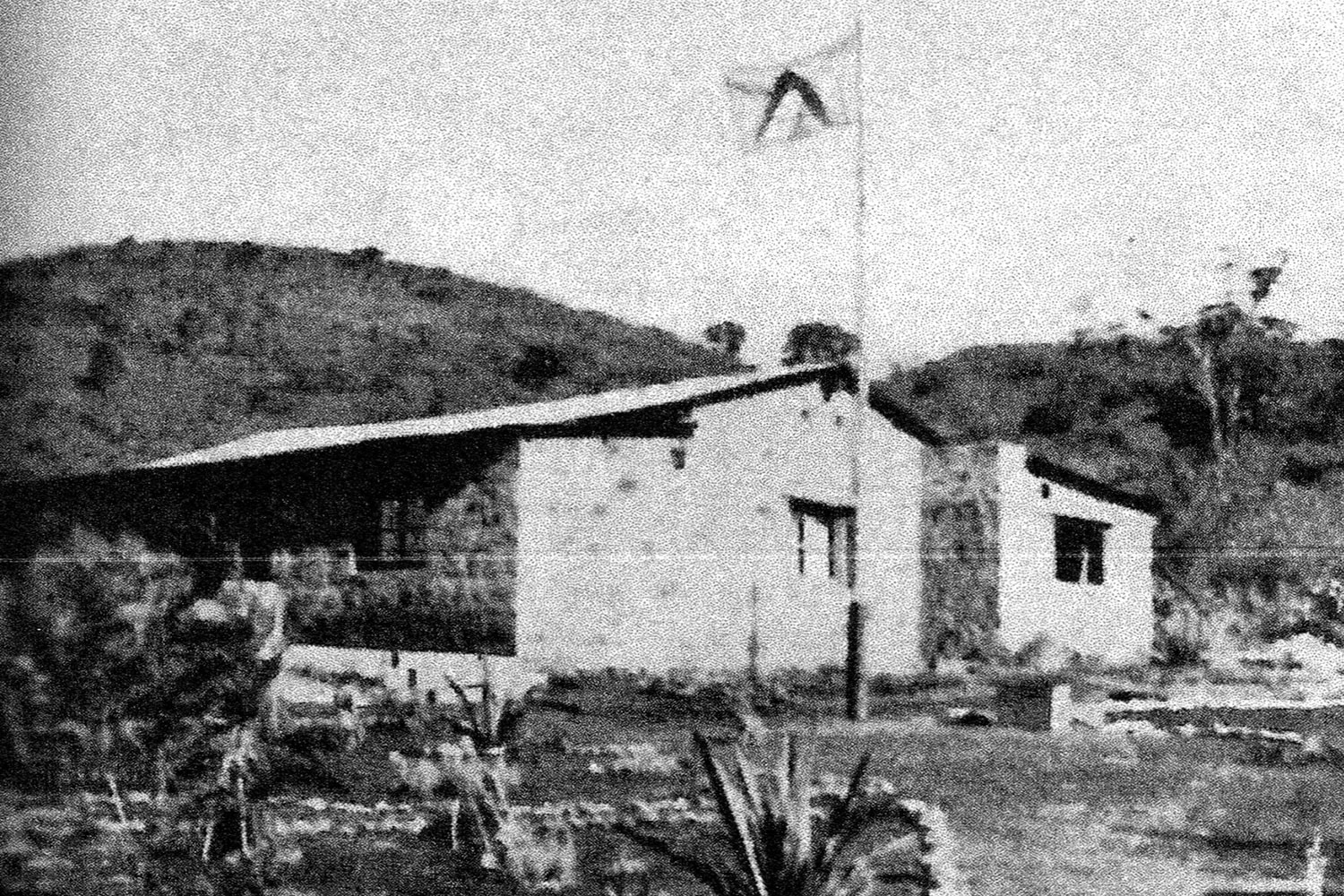
How Did This Awe-Inspiring Place (Gibbs Farm Ngorongoro Tanzania) Come to Exist?
Gibbs Farm Tanzania’s past is full of interesting facts:
German duke Albert Freiherr Von Poelnitz procured the terrain from his kindred and pursued cultivating a coffee farm. To honor Gibbs Farm Tanzania’s German origins, what is now a Deutsche House retreat was erected in 1929 as the first farmhouse.
With the help of the German government, a German farmer established a coffee farm in the 1920s. The farm was taken over by the British Custodian of Enemy Property during WWII.
In 1948, a British army veteran named James Gibb bought the farm, which had been abandoned. In 1959, he tied the knot with Tanzanian-born British citizen Margaret. A passionate gardener, Margaret created a vast garden full of vegetables and blooms. Our beautiful Gibbs Farm Tanzania vegetables are all thanks to her!
Ngorongoro Conservation Area was established and the northern limit of the Serengeti National Park in 1960. James and Margaret built guest cottages for the farm in response to the influx of tourists drawn to the conservation area and surrounding national parks.
It wasn’t until 2003 that Margaret and her second husband Per Kullander passed up Gibbs Farm Tanzania to the current owners, Rick and Judi, after James Gibb’s death in 1977. Gibbs farm Tanzania, a 27-year-old organic farm that has been meticulously managed for the enjoyment of future generations, has continued to build on the gracious hospitality and conservation legacy started by James Gibb under their guidance.
Community-Based Projects at the Gibb’s Farm Karatu Tanzania
A Feeling of Inclusion
Gibbs Farm Tanzania is An essential part of East African culture and history can be traced back to it.
Through our connections, cultural events, and conservation initiatives, we contribute to preserving Iraqw and Maasai history, storytelling, art, medicine, and ways of life.
A Feeling of Abode
Through programs such as solar power, community development, and organic farming, we hope to continue the legacy of our founders, Margaret and Jim Gibb, who were pioneers in environmental sustainability.
Every aspect of the organic Gibbs Farm Tanzania operation is based on sustainable agricultural practices, from the 30, 10, and 5 acres of coffee, vegetables, fruit, flowers, and herbs to the dairy and pig farms currently in operation. Natural fertilizer and farm manure are the only inputs used in organic farming. Every action we take for our guests, employees, and animals contributes to creating a sensory paradise.
Other Important Things About the Gibbs Farm
- Gibbs farm Tanzania rates – https://www.gibbsfarm.com/stay/rates/
Gibbs Farm Tanzania Photos
For more articles related to Things to Do in Tanzania (Zanzibar), click here!
























